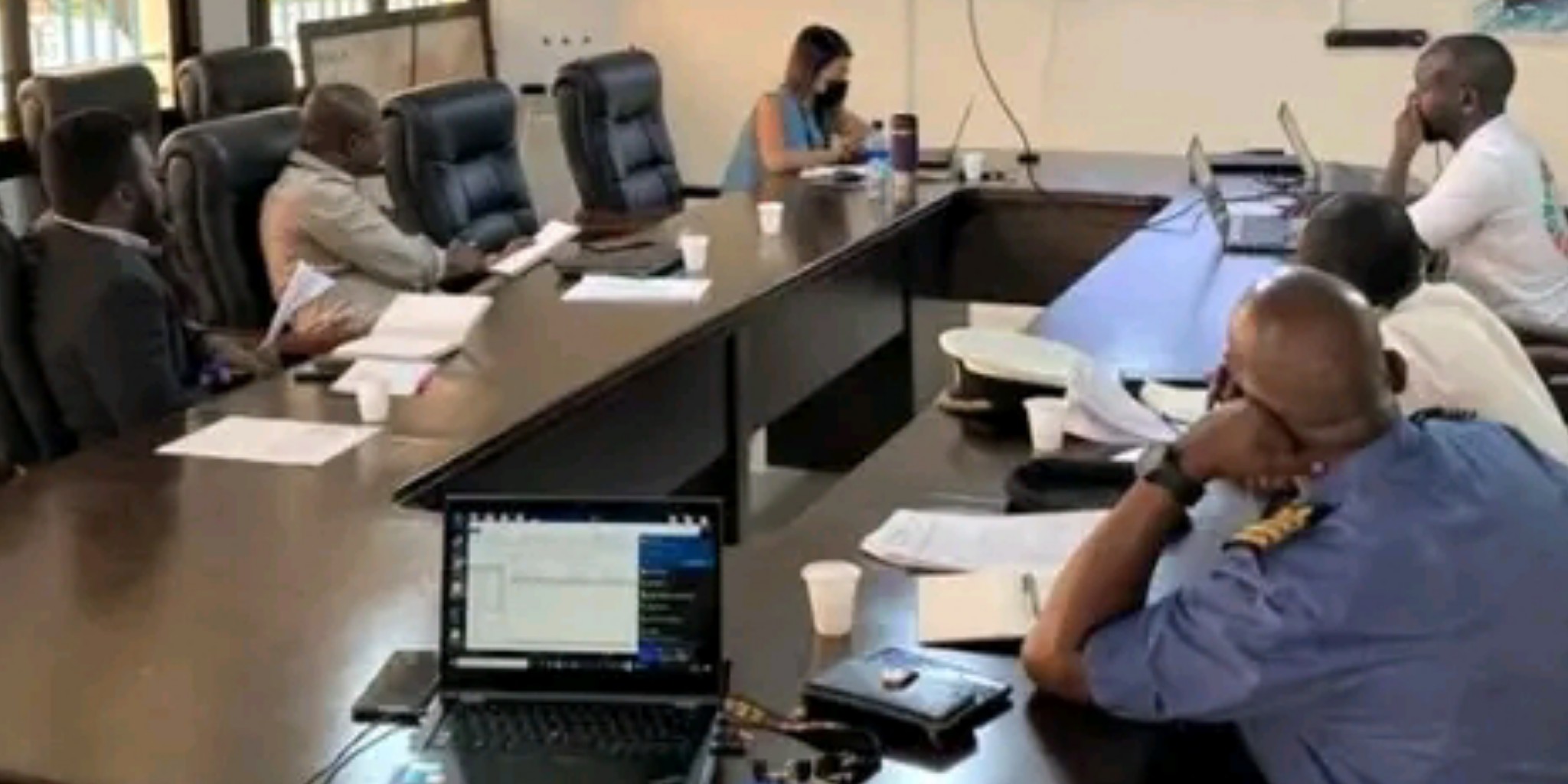In a Press Release, the International Organization for Migration IOM and the United Nations Office on Drugs and Crime UNODC reveal of the launching of a project titled “Enhanced Resiliency and Living Conditions for Vulnerable Communities Addressing Economic, Health, and Food Security Challenges due to Impacts of COVID-19 in Sierra Leone” with support from the Government of Japan through the United Nations Trust Fund for Human Security.
It was further revealed that the project comes at a critical time when food insecurity and access to livelihood deteriorated due to rising food prices and fuel shortages as a result of global events such as the COVID-19 pandemic and the Russia-Ukraine conflict.
Also stated was that as the country relies on imported goods and commodities including staple foods and fuel, increases in prices have critically impacted every household in the country, especially the most vulnerable, putting many of them into a spiral of further poverty.
Added was that in response to those challenges, the project aims to support the strengthening of the capacity of the Government and communities to prevent and mitigate public health challenges and provide resources to improve livelihoods and address obstacles to improve food security for enhanced community resilience.
Furthermore, it was disclosed how the Project will focus on building community capacity for the prevention of communicable diseases including COVID-19 through the provision of training and health and hygiene facilities, assisting persons displaced by disasters, and training vulnerable persons for livelihoods.
It was also highlighted that the program will actively seek to benefit women, youth, and Internally Displaced Persons (IDPs) in Sierra Leone.
Stated was that maximizing the potential of fishing to meet food and nutritional needs by addressing the sector’s vulnerabilities to multiple forms of illegal activities such as trafficking in marine species, corruption, document fraud, forgery, and human trafficking is key in the rollout of the project.
Also included was that efforts will be made particularly in the fisheries sector by enhancing the capacity in the sector to meet the food and nutritional needs of vulnerable communities, through a strengthened governance and trade environment.
“The interventions are timely and key to ensure that vulnerable communities including border areas improve their capacities to mitigate the impacts of crises and have the necessary skills and tools to control COVID-19 and other emerging public health risks, whilst also providing Non-Food Items (NFI) to persons in crisis-affected communities,” said Dr. James Bagonza, Head of Office at IOM Sierra Leone.
“Crimes in the fisheries sector are especially detrimental in a country such as Sierra Leone, where fish accounts for more than 40 percent of the total animal protein intake. The enhanced capacities of local authorities to prevent and counter threats in the fishery sector are paramount to unlock this sector’s potential towards food security”, said Dr. Amado Philip de Andrés, UNODC Regional Representative for West and Central Africa.











